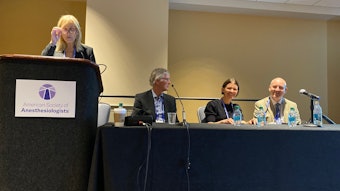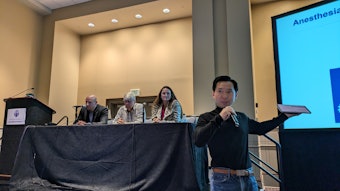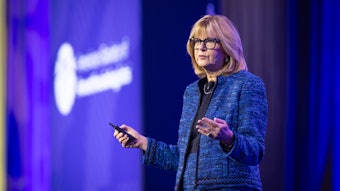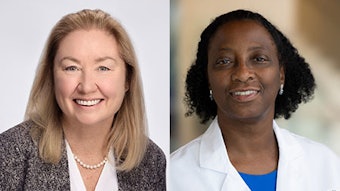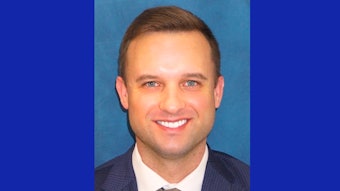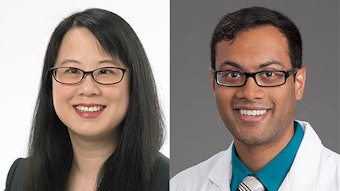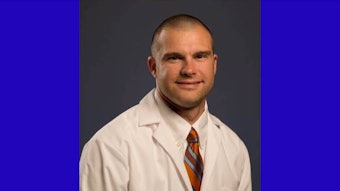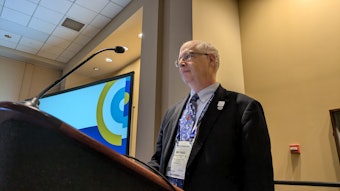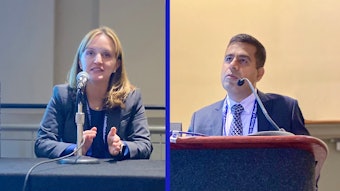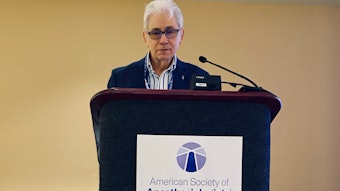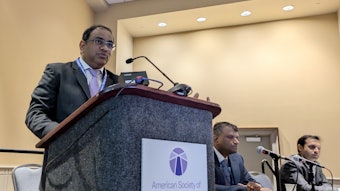Agency for a better tomorrow
NIH officer, anesthesiologists performing NIH-funded trials relate first-hand experience.
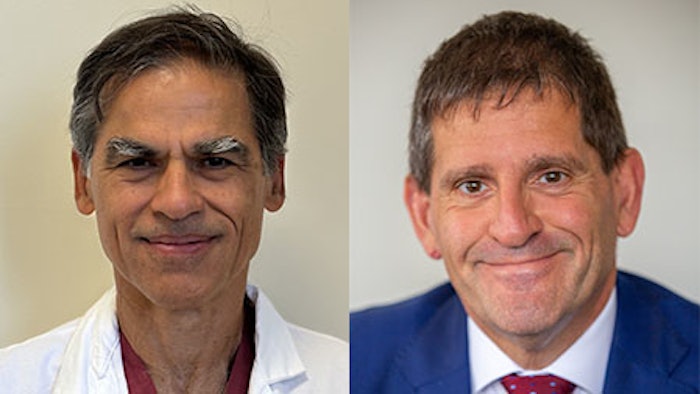
Financial backing and support from the National Institutes of Health (NIH) is a significant gain in clinical trials rooted in the United States or around the world. During the 2024 session, “NIH-Funded Clinical Trials in Anesthesiology: Current Studies, Networks, and Innovations,” a panel of expert investigators presented contemporary perspectives within an array of anesthesia specialties, including critical care, surgery, respiratory function, and neurocognitive dysfunction.
Session moderators Marcos F. Vidal Melo, MD, PhD, and Daniel Talmor, MD, MPH, said the session provided a comprehensive, close-up view of the elements and processes of NIH-funded studies. This included securing funding, selecting a design method (multicenter versus single center), defining and measuring outcomes, performing statistical analysis, and employing traditional or innovative approaches.
“This session (provided) high-level information on how the NIH supports clinical trials and how anesthesiologist investigators have been using NIH funding to explore relevant questions in our specialty,” said Dr. Vidal Melo, who is Professor of Anesthesiology and Chief, Division of Cardiothoracic Anesthesiology, Columbia University Irving Medical Center in New York City. Dr. Talmor is Professor of Anesthesia at Harvard Medical School and Chair of Critical Care Medicine at Beth Israel Deaconess Medical Center in Boston. Both anesthesiologists are funded by the NIH.
Keynote speaker Sumita Khatri, MD, is the Chief Medical Research Officer, Division of Lung Diseases, at the National Heart, Lung, and Blood Institute in Bethesda, Maryland. She discussed her unique position and offer insight on the types of trials that interest NIH, as well as opportunities for funding, available mechanisms, and study expectations.
The four speakers each reviewed a current stage, large-scale clinical trial in anesthesiology that analyzes gaps in knowledge and assesses conceivable challenges, viable solutions, and interim analysis.
Ana Fernandez-Bustamante, MD, PhD, FASA, University of Colorado: “An Anesthesia-Centered Bundle to Reduce Postoperative Pulmonary Complications: The PRIME-AIR Study.”
Miriam Treggiari, MD, PhD, MPH, Duke University: “Randomized Trial of Endotracheal Tubes to Prevent Ventilator-Associated Pneumonia – Prevent 2 Study.”
Phillip Eleas Vlisides, MD, University of Michigan at Ann Arbor: “Neurocognitive Recovery Following Surgery and General Anesthesia.”
Susana Vacas, MD, PhD, Massachusetts General Hospital: “Minimizing ICU Neurological Dysfunction With Dexmedetomidine-Induced Sleep (MINDDS II).”
Dr. Vidal Melo said the session had something to benefit all anesthesiologists. For instance, residents, fellows, or junior faculty who are interested in pursuing academic work can better understand the career pathway and steps to get there. Practitioners and investigators who are more established, he said, can gain information on gaps in knowledge across the field and how they are addressed.
“Attendees (had) the opportunity to network with anesthesiologists and seek direct guidance from a senior NIH official,” said Dr. Vidal Melo.
